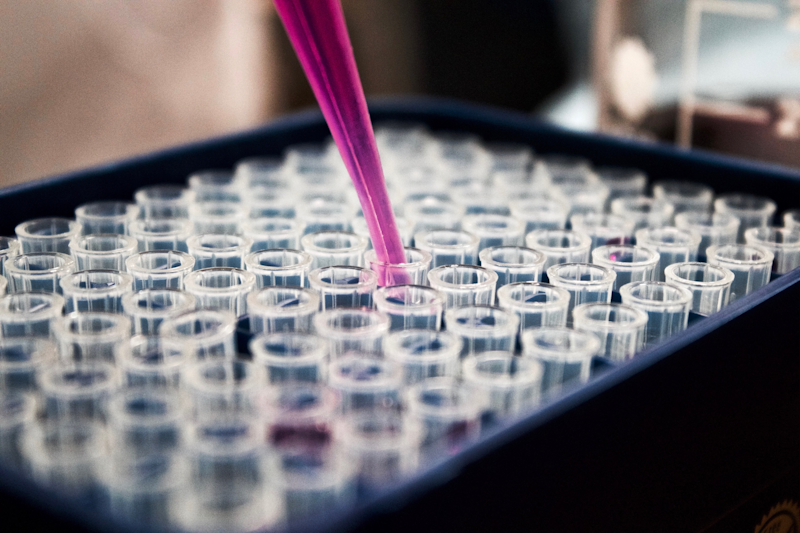Data analysis and manuscript preparation in progress.
This NEPTUNE study aims to evaluate a new clinical care pathway for people attending our Centre with symptoms of an STI, people who identify as a sexual contact of an STI or who require a MG test of cure. This new clinical care pathway will use near to patient testing to provide same day STI results for chlamydia, gonorrhoea and mycoplasma genitalium.
About the study
STIs are a significant public health issue. Mycoplasma genitalium (MG), chlamydia and gonorrhoea are three of the most common bacterial STIs diagnosed at Melbourne Sexual Health Centre (MSHC).
These STIs can cause acute symptoms including:
- pelvic pain
- abnormal bleeding
- abnormal vaginal or penile discharge
- burning on urination
- rectal pain or bleeding.
STIs can also often be asymptomatic and some STIs can cause long term complications if left untreated.
There are now a number of test devices available that use near to patient testing (NPT) to provide STI results within 2 hours of the specimens being collected. Medications, drugs and devices have to be approved for use by the Australian Federal Government. The test device we will be using for this research is the GeneXpert platform with the Xpert CT/GC assay, which have both been donated by Cepheid Pty Ltd and the ResistancePlus MG assay, donated by SpeeDx. They have all been approved for use in Australia to test for chlamydia, gonorrhoea and MG.
Ethics
All research in Australia involving humans is reviewed by an independent group of people called a Human Research Ethics Committee (HREC). The ethical aspects of this research project have been approved by the Alfred Hospital HREC.
This project will be carried out according to the National Statement on Ethical Conduct in Human Research (2007). This statement has been developed to protect the interests of people who agree to participate in human research studies. Approval has been given by the Alfred Hospital HREC which reviews ethics applications for research carried out at the Melbourne Sexual Health Centre.
Who we want to talk to
Our research team may get in touch with you if you come to the Centre:
- with genital symptoms of an STI
- as a contact of a sexually transmitted infection (STI)
- because you need a test of cure (TOC)
What's involved
One of our research team will call you to talk about the study. If you agree to participate then you will:
- collect your own specimens to be tested using the research study laboratory equipment
- answer a questionnaire about your symptoms, sexual health and sexual behaviours
- be given a booked appointment with a nurse or doctor within 2-3 hours of your initial visit to receive your results
You will also see a nurse or doctor and have all the necessary specimens collected and tested according to our usual standard of care.

